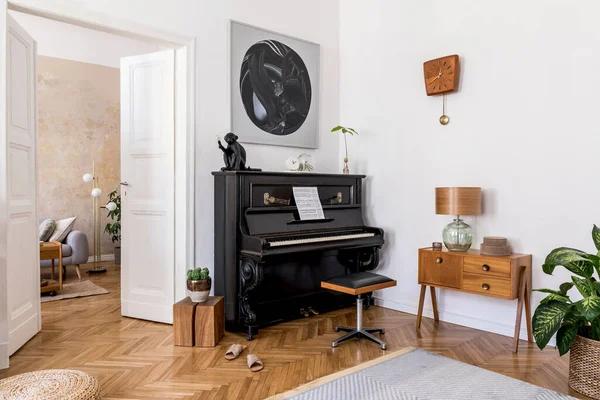
Why Parents Prefer At-Home Piano Lessons for Their Kids
Parents today are increasingly opting for at-home piano lessons for their children, and the reasons behind this growing trend are both practical and beneficial. The convenience of in-home lessons is a significant factor driving this preference. In a world where families juggle busy schedules filled with school, extracurricular activities, and work commitments, eliminating the need to commute to a music studio saves valuable time. Parents appreciate that their children can learn in the comfort of their own home without the added stress of transportation logistics.
Another compelling reason parents prefer at-home piano lessons is the personalized learning environment it offers. Every child learns differently, and having lessons tailored to suit a child’s individual pace and style can make all find out the benefits difference in fostering enthusiasm for music. At home, teachers have an opportunity to create customized lesson plans based on the student’s strengths and areas needing improvement while incorporating familiar surroundings that encourage focus and creativity.
The home setting also provides an ideal atmosphere for young learners who may feel intimidated or distracted in group classes or unfamiliar environments like studios. Being in a comfortable space helps reduce anxiety, allowing students to concentrate better on mastering techniques and building confidence over time. Parents often find that children are more receptive when they practice on their own instrument at home rather than transitioning between different pianos during external sessions.
Additionally, at-home piano lessons allow parents to be more involved in their child’s musical journey. They can observe progress firsthand during sessions or provide encouragement as needed without feeling disconnected from what their child is learning. This involvement fosters stronger parent-child connections while reinforcing accountability since parents remain actively engaged throughout the process.
Finally, safety concerns also play a role in this decision-making process. Many parents feel more secure knowing that professional instructors come directly into their homes rather than sending children out alone or traveling themselves late into busy traffic hours.
In conclusion, at-home piano lessons offer numerous advantages: convenience, customization of teaching methods, reduced distractions through familiar settings, parental involvement opportunities—and even peace of mind regarding safety considerations—all contributing factors explaining why so many families choose this option over traditional studio-based instruction models today.
